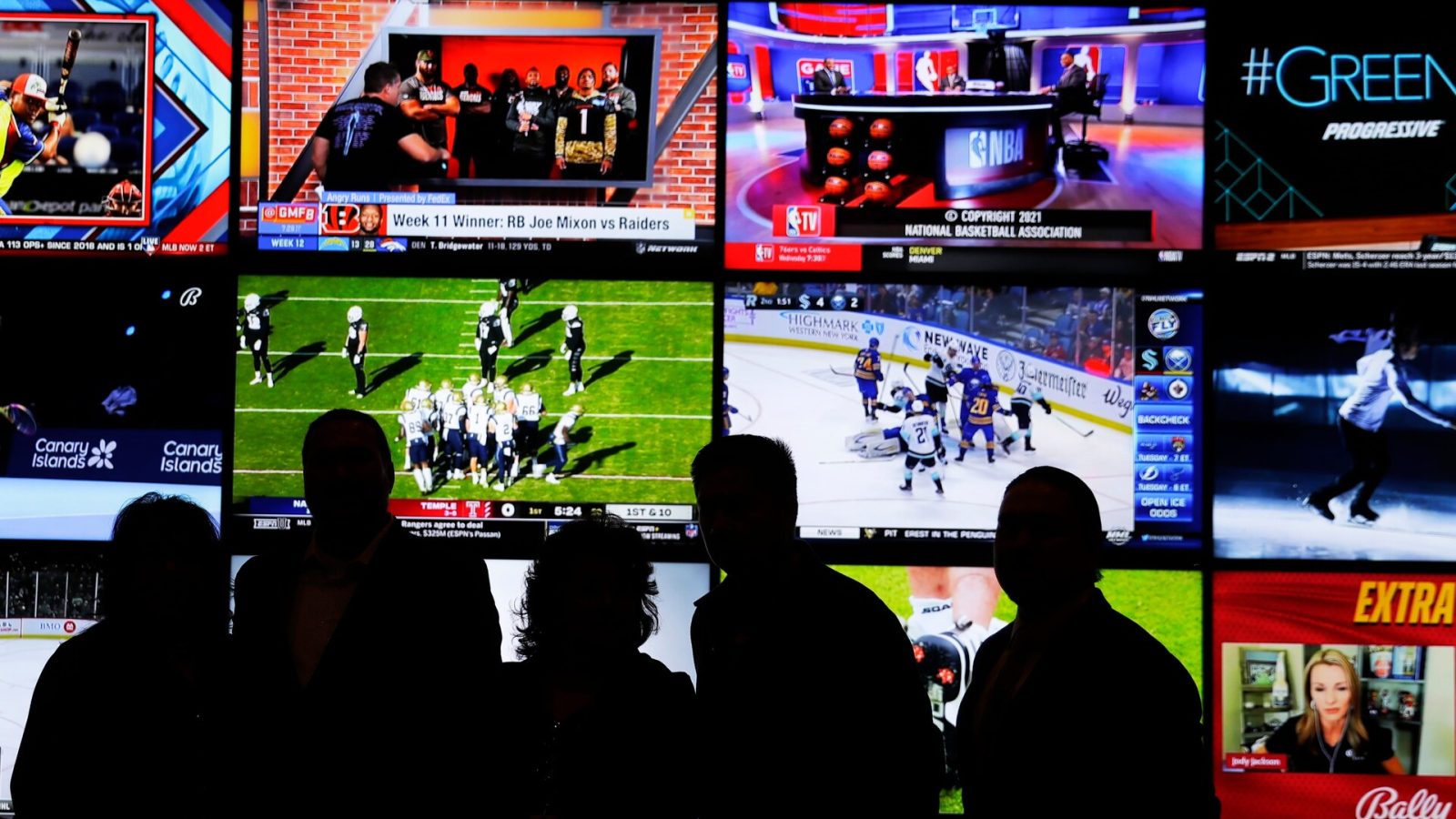Hopes of a speedy sports betting rollout in Massachusetts are all but dashed. In its first hearing following the passage of Massachusetts’ sports betting law, regulators immediately pumped the brakes on an accelerated launch. With each subsequent Massachusetts Gaming Commission hearing, a 2022 launch looks less likely, and a 2023 launch looks more and more like a reality.
The MGC is poring over the law and its role as the ultimate regulatory oversight for the sports betting industry. During MGC hearings, several important policy questions have been raised, from, whether racetracks can launch online sportsbooks before retail sportsbooks to the much even thornier issue of licensure.
Uncapped Temporary Licenses
The biggest hurdle is the self-inflicted wound of temporary licenses.
🧵 Interesting development in MA sports betting that could cause a major delay or a BIG problem. At the latest MGC it was brought to light that temporary licenses are uncapped, but mobile licenses are capped at 15. That means 15+ ops could launch under a temp license. 1/
— Steve Ruddock (@SteveRuddock) September 16, 2022
Massachusetts sports betting law limits the number of mobile operators to 15 – two each for the state’s three casinos, a single license for the state’s two racetracks, and seven untethered mobile licenses that will be determined in a competitive bidding process. The problem is the law allows for an undetermined number of temporary licenses, which the MGC is interpreting as temporary licenses being uncapped.
With more demand than supply, the MGC expects far more than 15 applications for mobile licenses. The MGC believes it is beyond its dictate to deny temporary licenses to qualified entities, which puts it in a tough predicament where it would have to approve temporary licenses but then deny many of these operators a permanent license.
Is There A Solution?
So, what can the MGC do? It has several options at its disposal.
The MGC could:
- Wait for the legislature to “fix” the discrepancy between temporary and permanent licenses.
- Creating a competitive process and limiting the number of temporary licenses it will issue.
- Issue more than 15 temporary licenses and determine a competitive process to choose which sites would be granted full licenses and which would have to shutter.
- Allow tethered online licenses (casinos and racetracks) to launch their online websites while delaying the launch of the untethered licenses until a fix is found.
None of these options will satisfy the many potential stakeholders.
Waiting for a legislative fix is a worst-case scenario. That will take time, and reopening the law could cause more changes than just a cap on temporary licenses.
Creating a competitive process for temporary licenses will also take copious amounts of time. Further, limiting the number of temporary licenses could lead to lawsuits, as would issuing more than 15 temp licenses and then shutting some sites down.
Allowing tethered licenses to launch first would put untethered licenses at a competitive disadvantage and could result in lawsuits. That said, a retail launch, followed by tethered online licenses and then a process to award the seven untethered licenses, seems like the most straightforward route.





